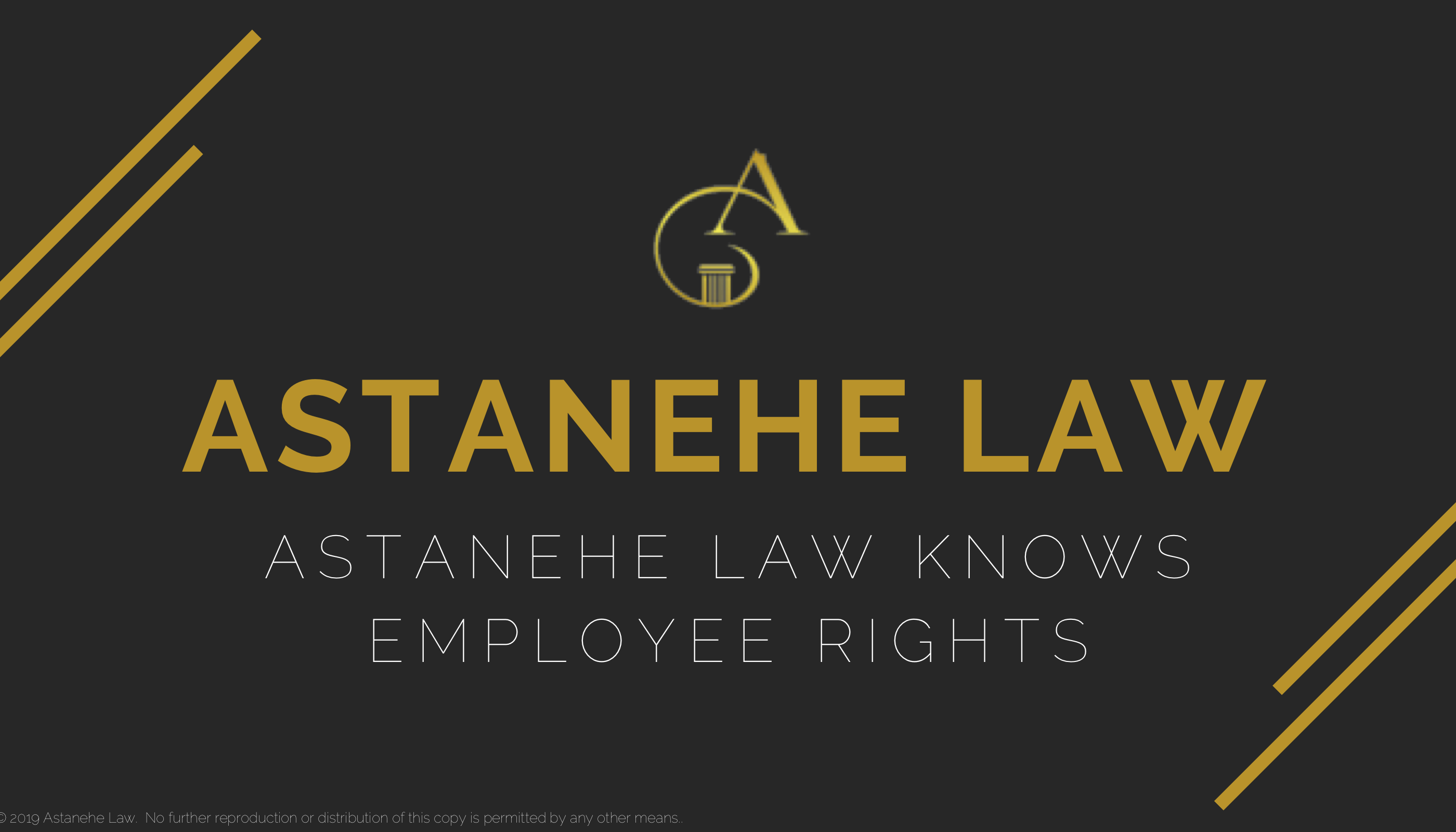Your Privacy at Work: Employers and Social Media Passwords, Personnel Records, & Tracking Your Work Computer Usage
Rapid advances in technology have made it easy for employers to store immense amounts of data on their employees. Although employees may attempt to guard their personal information zealously, laws designed to protect private information are necessary to ensure employers respect employee privacy. Employers have a right to track employee activities during working hours – no one wants to employ someone who spends their entire workday switching between Netflix, PerezHilton, and ESPN – but there are countless ways employers can invade employee privacy.
Generally, employers are allowed to discover private information to the extent necessary for a legitimate business interest.
Personnel Records
The law requires employers to track certain information pertaining to employees. These include wages and hours, injuries at work, tax withholding, vacation, retirement, and other benefits. Employers keep this information in personnel files. Every employee has a folder. However, employers may choose to stuff personnel records with non-essential and damaging sensitive information, such as past references, workplace grievances, and generally harmful information.
To combat personnel record abuse, Congress passed the Privacy Act, which limits the types of information government employers may keep on their employees. 5 U.S.C. §552a. Unfortunately, private employers have virtually limitless scope to collect and store information on their employees.
In California, private employees have the right to inspect personnel file. California Labor Code §§ 432, 1198.5. Further, the employee has a right to copy the file, at their own expense. Id. Uncovering the information, and how they frame aspects of your employment, your employee keeps on you helps prove discriminating, harassment, or retaliation. Obtaining copies of your personnel records may lay the foundation for a potential affirmative lawsuit against your employer.
Social Media Account & Other Online Passwords: Can Employers Request Social Media Passwords?
Can employers require employees to divulge their online account passwords? Can a boss require employees to like & share the company page on Facebook? Our increasingly digitally connected world has created a host of new employment issues related to social media and online activities.
i. Job Applicants
Prospective employers may ask applicants for their social media passwords to vet candidates. California employers cannot request online account information during the hiring process, including usernames, passwords, or any applicant generated content. California Labor Code § 980.
Additionally, mining social media and other online accounts for information on job applicants can reveal information protected by the Equal Employment Opportunity Commission, including, rage, age, and religion. Thus, employers who demand applicant social media and other information not only violate state law but run the risk of violating federal anti-discrimination in hiring laws.
ii. Employees
The Labor Code also protects employees from employee overreach. California employers may not request their employees’ social media usernames, passwords, or user-generated content. California Labor Code § 980. The law covers blogs, video blogs, podcast accounts, text messaging applications, instant messaging applications, social media accounts, email accounts, and website accounts.
Employers are never allowed to look over an employee’s shoulder while he or she logs into an online account.
Can Employers Track Employee Work Computer Usage?
Employers are free to watch employees, and they are watching. Any action you take on your workplace computer, phone, or other device is subject to employer monitoring. This rule also applies to workplace accounts, such as Gmail or Outlook accounts.
Every digital action is saved in what is called log files and stored, often for years. Your employer can search these files at their discretion. These files include internet usage, downloads, saved files, printing history, keystrokes, email history, instant messaging history, and computer logins and shutdowns. In a recent American Management Association survey, 45% of employers reported that they monitor employee computer usage. While using a work computer, remember that your boss is likely watching.
Can Employers Track Employee Home Computer Usage?
No. Employers cannot monitor employee digital activity performed on personal devices, such as personal computers and phones. If you believe your employer is monitoring your personal device usage, contact Astanehe Law today for your consultation.
Beware, use of the employer’s Wifi network permits the employer to monitor all data transmitted over the network – even when using a personal device.
Additionally, logging into an employer-owned account, such as a work email account, permits the employer to monitor transmitted data – even when using a personal device.
What Can I do About Employer Privacy Violations?
If your employer has violated a right protected by law, such as asking for your social media information or refusing to furnish your personnel records, you may be entitled to damages, including statutory penalties and injunctive relief.
Additionally, how your employer uses your information may give rise to a lawsuit based on discrimination, harassment, or retaliation. If you believe that you have been the victim of workplace discrimination, harassment, or retaliation due to information gathered by your employer, contact Astanehe Law for a consultation. You have rights, and Astanehe Law is committed to helping you recover your losses. To schedule a case evaluation, call Astanehe Law today at (415) 226-7170 or email us at contact@astanehelaw.com, or click here.




